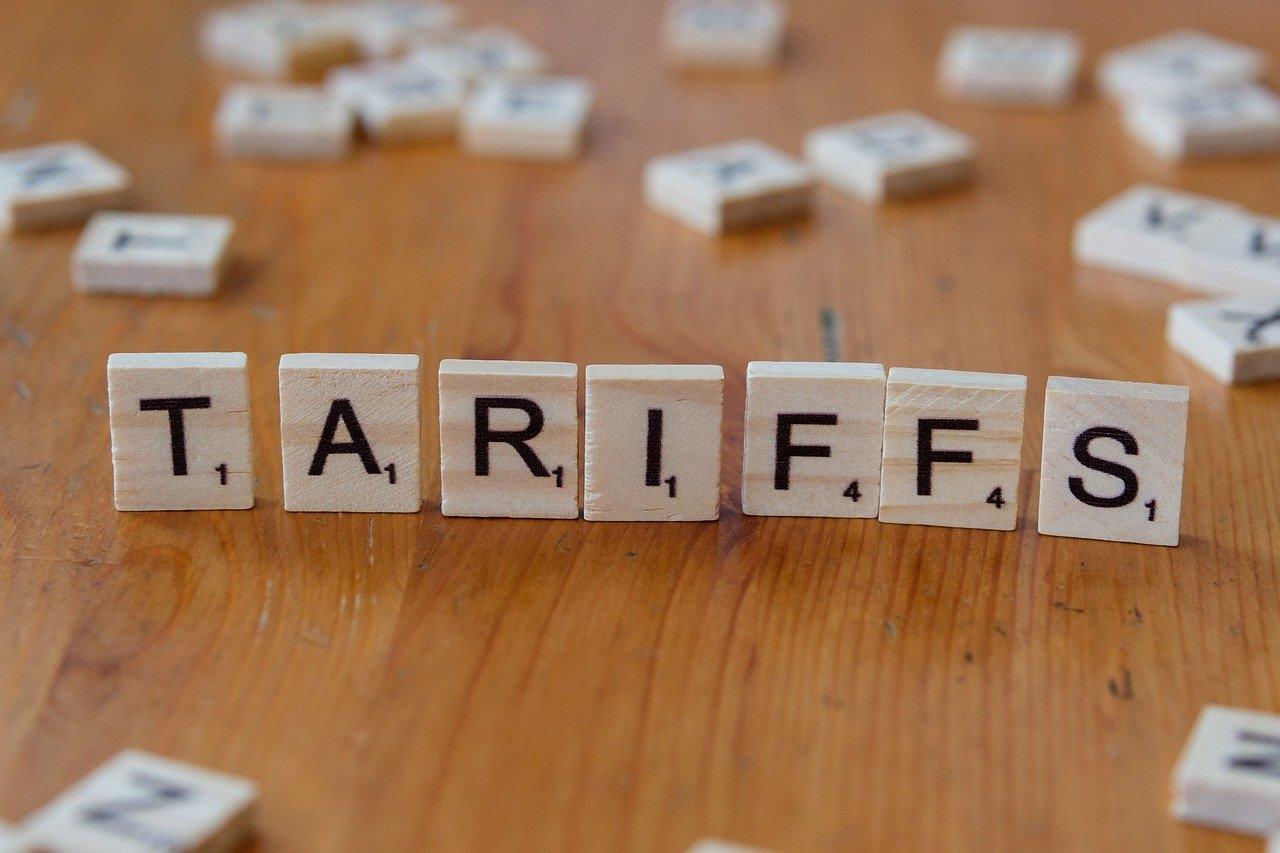
403
Sorry!!
Error! We're sorry, but the page you were looking for doesn't exist.
Fed Chair Warns of Economic Risks from Tariffs
(MENAFN) US Federal Reserve Chairman Jerome Powell cautioned on Wednesday that the recent substantial tariff hikes, if maintained, could likely lead to heightened inflation, a deceleration in economic activity, and a rise in joblessness.
His remarks came amid growing concerns over the broader economic consequences of ongoing trade policies.
During a press briefing following the Federal Open Market Committee’s (FOMC) decision on interest rates, Powell emphasized the importance of adapting monetary policy as conditions shift.
“As economic conditions evolve, we will continue to determine the appropriate stance of monetary policy based on the incoming data, the outlook, and the balance of risks,” he stated.
This suggests the Fed remains flexible and data-driven in its decision-making approach.
Powell acknowledged that the scope of the tariff hikes already implemented exceeded expectations.
“The tariff increases announced so far have been significantly larger than anticipated. All of these policies are still evolving, however, and their effects on the economy remain highly uncertain,” he explained.
This uncertainty underscores the challenges in predicting the full economic fallout from trade actions that are still unfolding.
The Fed Chair further noted that these tariffs are expected to temporarily boost inflation by triggering a one-off increase in prices.
Nevertheless, he warned that the repercussions might persist longer than initially thought.
“Avoiding that outcome will depend on the size of the tariffs' effects, on how long it takes for them to pass fully into prices and ultimately on keeping longer-term inflation expectations well anchored,” he said.
This highlights the importance of managing public expectations around future price stability.
He also observed that the threats of increased inflation and job losses have intensified.
“The risks of higher unemployment and higher inflation appear to have risen, and we believe that the current stance of monetary policy leaves us well positioned to respond in a timely way to potential economic developments,” Powell remarked, suggesting that the Fed stands ready to act as needed.
Finally, Powell mentioned that the likelihood of the central bank lowering interest rates later this year will “depend” on how tariffs influence labor market conditions and inflation trends.
His comments reflect a cautious yet responsive approach to navigating the evolving economic environment.
His remarks came amid growing concerns over the broader economic consequences of ongoing trade policies.
During a press briefing following the Federal Open Market Committee’s (FOMC) decision on interest rates, Powell emphasized the importance of adapting monetary policy as conditions shift.
“As economic conditions evolve, we will continue to determine the appropriate stance of monetary policy based on the incoming data, the outlook, and the balance of risks,” he stated.
This suggests the Fed remains flexible and data-driven in its decision-making approach.
Powell acknowledged that the scope of the tariff hikes already implemented exceeded expectations.
“The tariff increases announced so far have been significantly larger than anticipated. All of these policies are still evolving, however, and their effects on the economy remain highly uncertain,” he explained.
This uncertainty underscores the challenges in predicting the full economic fallout from trade actions that are still unfolding.
The Fed Chair further noted that these tariffs are expected to temporarily boost inflation by triggering a one-off increase in prices.
Nevertheless, he warned that the repercussions might persist longer than initially thought.
“Avoiding that outcome will depend on the size of the tariffs' effects, on how long it takes for them to pass fully into prices and ultimately on keeping longer-term inflation expectations well anchored,” he said.
This highlights the importance of managing public expectations around future price stability.
He also observed that the threats of increased inflation and job losses have intensified.
“The risks of higher unemployment and higher inflation appear to have risen, and we believe that the current stance of monetary policy leaves us well positioned to respond in a timely way to potential economic developments,” Powell remarked, suggesting that the Fed stands ready to act as needed.
Finally, Powell mentioned that the likelihood of the central bank lowering interest rates later this year will “depend” on how tariffs influence labor market conditions and inflation trends.
His comments reflect a cautious yet responsive approach to navigating the evolving economic environment.

Legal Disclaimer:
MENAFN provides the
information “as is” without warranty of any kind. We do not accept
any responsibility or liability for the accuracy, content, images,
videos, licenses, completeness, legality, or reliability of the information
contained in this article. If you have any complaints or copyright
issues related to this article, kindly contact the provider above.


















Comments
No comment